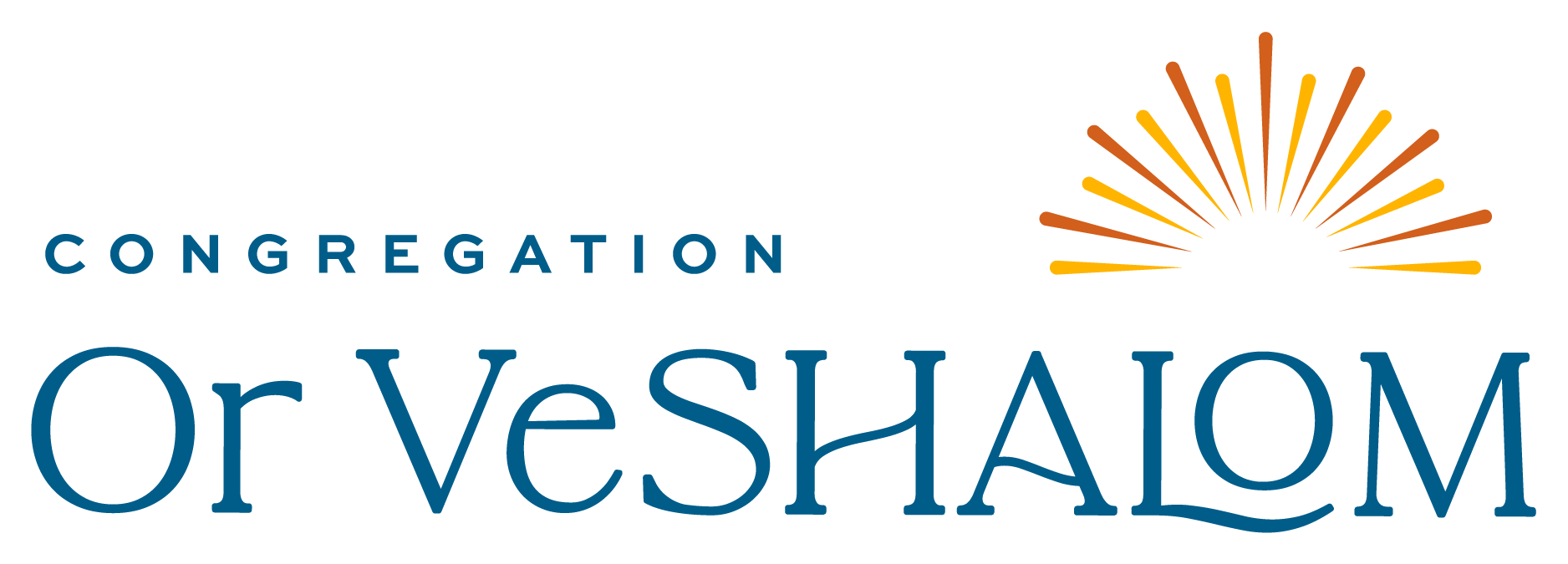Rabbi Hearshen
On Yom Kippur I spoke about exciting work we’re doing here at OVS in the form of our Reimagining Team. The purpose of this new group is to look for new and innovative ways to approach our work as an organization and a community. This is why we adopted the name of the Reimagining Team. We feel we must be willing to rethink how we do things and what we’re trying to achieve. We must value accountability and will hold ourselves accountable. This means we’re creating metrics to gauge our performance and development. We want to communicate with you as we move along with our work, and as such, this email is an update from the Reimagining Team.
Our members are: Bob Israel, Bryan Lavine, Sharon Sonenshine and Debra Tenenbaum. Adam Kofinas and I both serve on it as well. Natalie Geuli, our Programming and Engagement Associate, is currently on maternity leave and will rejoin the team when she returns. We’ve each read books about synagogue life and development. We’ve each attended our meetings with an open mind and with ambitious hearts. We’ve determined that the pillars of our community are:
1. Community
2. Learning
3. Prayer
4. Social Action
5. Heritage
This is how we imagine our community will look in the future. These descriptors, or values, are at the root of what we’re strategically trying to build. In order to track our progress, we’ve set some goals. To refresh our memories, these goals are SMART goals meaning they’re Specific, Measurable, Attainable, Relevant and Time bound.
Work has already begun and our goals are:
- Increase Saturday morning attendance to 60 by May of 2025
- Offer adult education every month of the year and require sign ups to manage attendance
- Create a Social Action and Chesed Team to create a social action offering every other month with at least 20 participants and to increase attendance to 40 by next November. This team will also create opportunities to work with people in need of help with lifecycles, grieving, life changes, new babies and much more.
- One major synagogue FunRaiser per year to raise at least $30,000
- One parlor meeting per month to provide members the opportunity to speak with me, Adam and Bryan about questions they have, ideas to increase engagement or other topics of interest to them.
- Six teams will be created to further the work of the community. They will each meet on a monthly or bi-monthly basis and will submit reports to the Board of Directors to keep us aware of their work. They are:
a. Membership
b. Engagement
c. Programming
d. Social Action/Chesed
e. Next Generation/Young Leadership
f. Fundraising
The teams coincide with the Engagement Appeal Cards we handed out on Yom Kippur and you should have received an email confirmation for each pledge you selected for involvement in our community. Please let us know how we can help you in making those pledges a reality. If you have feedback and/or questions please email us at reimagining@orveshalom.org.
Shabbat Morning Service attendance has a goal of reaching attendance of 60 people each week. We began tracking attendance a few weeks ago and we’ve had one service with 55 people, an average of 30 per week. We are working to double the number. Please help us make this happen. We promise to make the most of your time while you are here with us.
This Shabbat, we’re beginning our new Kavanah Minyan which will be a short one hour service in the Maslia Chapel while the regular one is happening in the main sanctuary. It’s for anyone looking to get more out of their prayer experience. It’ll be for beginners and experts and everyone in-between. This Minyan will be offered on the second Saturday of each month. Beginning in January, we’ll also offer Tot Shabbat and Youth Services on the same Shabbat mornings.
We look forward to providing you with more updates throughout the year. Please enjoy yourself as you grow with us and reimagine what OVS can be in your life.

